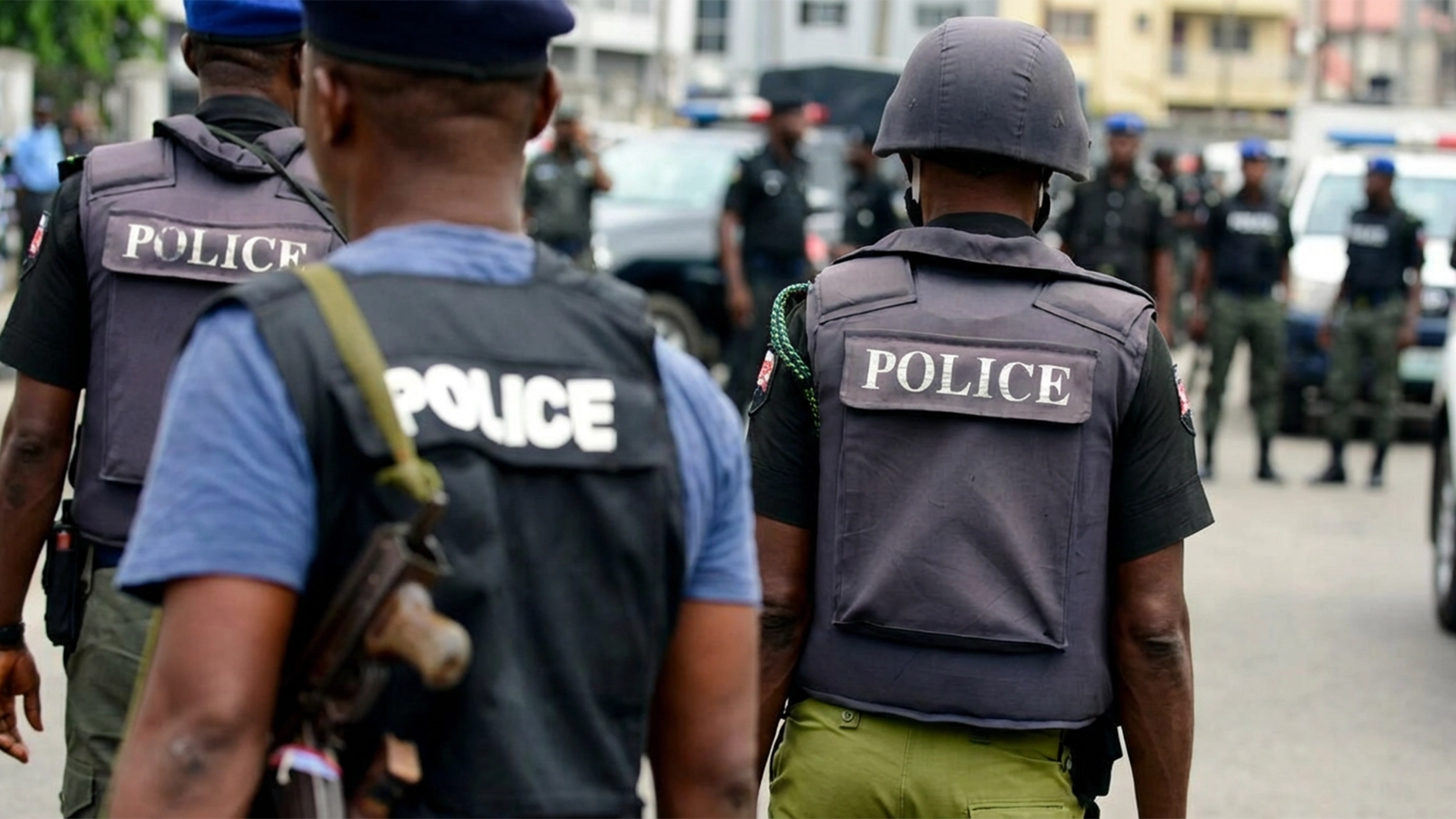
That the Organised Labour called off its indefinite nationwide strike after two days of partial compliance in states suggests a reasonable backoff from the exercise akin to bad faith. Organised labour is deservedly cross with the Imo assault on its president and the attack has been duly condemned. But the summary declaration of nationwide strike to shut down the entire country pushed labour’s boundaries and its relevance too far. And if labour strikes must continue to find significance even among the workers and the general public, then the labour leaders must separate workers’ aspirations, for improved welfare and working conditions, from the private interests of a few, and stop taking the entire country for a ride.
Nigeria Labour Congress (NLC) and its sister union, the Trade Union Congress (TUC), made good their threat to proceed on nationwide strike last week Tuesday, in protest against the assault on its president, Joe Ajaero, in Owerri, Imo State. The unionist also smuggled in the pending welfare issues with the Federal Government into the complaint apparently to embellish the grouse for credibility. Only a few states complied with the shutdown of government secretariats, banks, schools, and so on. Reports have it that an appeasement parley at the behest of the National Security Adviser, Nuhu Ribadu, caused the aggrieved unionists to sheath their swords and called off the strike.
For the umpteenth time, the labour unionists have legitimate grounds of discontentment. As this Newspaper editorialised a week ago, it is reprehensible that the NLC President was crudely battered in Owerri while attending meeting of the Imo State Council in preparation for the ‘occupy Owerri’ protest over alleged anti-labour policies of the Governor Hope Uzodimma-led administration. Labour promptly made their demands following the assault. These include the redeployment and investigation of the Commissioner of Police, Imo State Command; arrest, prosecution and dismissal of all police officers involved in the incident; and arrest of all thugs who partook in the assault. Thankfully, the police leadership stepped into the matter, redeployed the Imo Commissioner of Police, commenced investigation and already made some arrests.
But the question is, does the development still warrant a nationwide strike and attendant collapse of the fragile economy in which all Nigerians are hurting? First, there is a pending Industrial Court ruling against the strike, which NLC and TUC violated by proceeding on the strike action. It is beneath organised labour to disobey the court or embark on action that is illegal before the law.
Secondly, and perhaps by happenstance, partisan politics has been weaved into the incident. Neither Ajaero nor the NLC can just wish this away. Prima facie, it is hard to extricate labour leaders from political patronage. Politics is about the people and it matters the most to modern society. More so, politics is too important to be left to politicians alone. However, the challenge is misrepresenting the office of labour union leader with that of the partisan political interest of a few. For Ajaero to have been drawn into the partisan politics of Imo State without serious refutation diminishes his office as a labour union leader. By extension, to have drawn NLC into the ‘personal political battle’ by means of nationwide strike is not in the interest of Organised Labour.
Thirdly, Nigeria is actually in a precarious situation where about 40 per cent of those in the agile population are out of jobs. More than half of the balance are self-employed and dependent on daily earnings. To these people, of what relevance is the NLC or battery of its president to warrant an indefinite shut down of their means of livelihood – whatever it is worth? Prior to the nationwide strike, NLC members abruptly disrupted scheduled flight services in Abuja with chain reaction across the network, just to protest brutalisation of Ajaero in Imo. But how do these connect in the minds of passengers stranded or missed their flights and airlines that lost tonnes of revenue? In some public hospitals where weary caregivers found the strike as a ready-made alibi to down tools, sick patients were discharged to go and die at home! Schools that are already behind in calendar due to incessant industrial actions also had their examinations abruptly terminated, and much to the pains of students and parents that have nothing to do with either Imo or labour unionism.
It is on those grounds that the erstwhile labour leader-turned-politician, Adams Oshiomhole, rightly faulted the protest as a misplaced priority. The senator observed that neither NLC nor TUC had deemed it fit to stage a protest in states that are still not paying the minimum wage of N30,000 to workers, or defaulting in pensions and gratuities. Rather, the focus is perpetually on the Federal Government that is already paying N35,000 to workers, making moves to fulfil other promises, as well as trickling the extra proceeds of fuel subsidy removal to state and local governments. Oshiomhole, therefore, wished that “somebody in the NLC recognised that the hunger in the stomach of federal employees is not any worse than the hunger in the stomach of those state employees, nor local government employees. If these are the issues on the table, even as a senator, I will publicly support action against any government that thinks that we should lament away our hunger.”
In the light of these, it amounts to insensitivity, reckless use of right to protest and brigandage on the parts of the Organised Labour to ignore the plights of the people for a cause best known to Ajaero alone. What exactly did labour achieve with the two-day strike? Zero. It, therefore, conveys impulsive self-centredness and lack of discretion to foist labour’s anger and avoidable pains on the entire country.
NLC leadership should wake up and smell the coffee. Gone are the days when labour coughs and the government catches instant cold. The reverse is the case today with very poor compliance to labour orders even in government secretariats, how much more private establishments. The bottom line is that industrial action as a bargaining chip or weapon of war against employers is fast losing its potency, especially when the motives are getting tainted and labour itself is becoming a smokescreen for partisan interests of a few. And if the weapon completely blunts off and unionism finally demystified, only the current leadership of NLC and TUC should be blamed for it.
The Organised Labour that abandons the fight for minimum wage and payment of pensions for assault on its president is closer to that peril. But the leaders can still think of repositioning these unions to be fit-for-purpose in all aspects of our national realities and in the interest of their members that are assaulted nationwide every day. While the government must be more humane in dealing with economic hardship transparently and with timelines, labour should as well moderate its belligerence, show understanding, support the process to fruition, and desist from ill-motivated causes.






